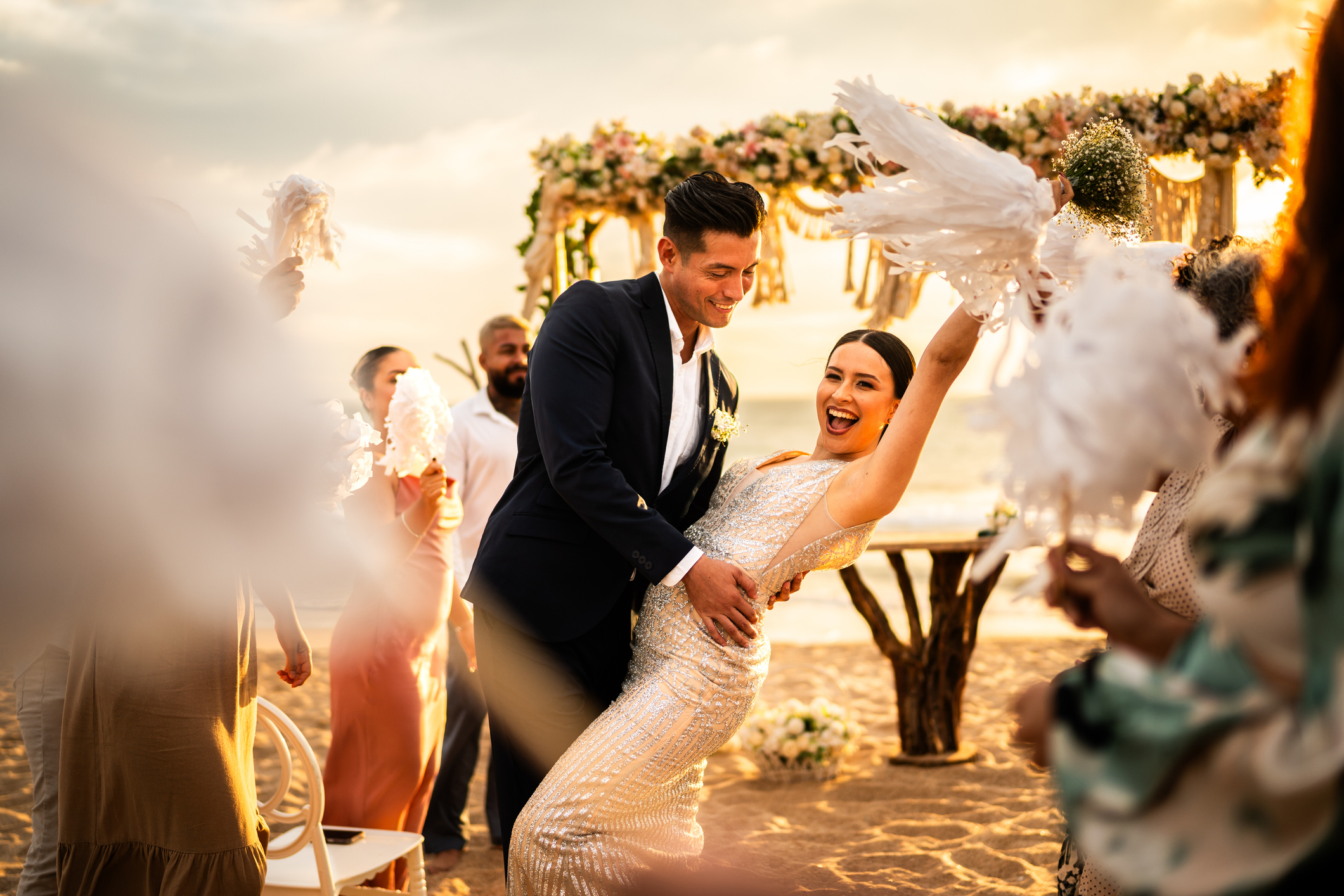
Choosing the perfect wedding venue is one of the most critical steps in planning a wedding, as it sets the tone and style for the big day. Whether you’re dreaming of an intimate garden celebration, a grand ballroom affair, or a beachside gathering, the right venue will help bring your vision to life. Here’s a comprehensive guide on how to select the best wedding venue to meet your needs.
1. Define Your Wedding Vision
Before you start visiting venues, envision the kind of wedding you want. Do you picture a rustic outdoor ceremony, a luxurious indoor event, or a cozy barn celebration? Make a list of adjectives that describe your ideal day, like “elegant,” “intimate,” “formal,” or “bohemian.” Consider the style that best represents your personality and relationship, as well as any cultural or religious traditions that are important to you. This will help you narrow down venues that match your vision.
2. Set a Budget
Budget is one of the biggest determining factors when choosing a venue. As a general rule, your venue cost should be about 40% to 50% of your total wedding budget. Consider what is included in the venue fee, such as tables, chairs, linens, and catering. Some venues offer all-inclusive packages, which can simplify planning but may have limited flexibility. Calculate additional costs such as decorations, transportation, or rental fees if they aren’t included.
3. Choose the Right Location
The location of your venue is critical, as it influences travel logistics for you, your partner, and your guests. Think about whether a local venue or a destination wedding makes the most sense. For a local venue, consider the ease of access and proximity to accommodations for out-of-town guests. If you’re considering a destination wedding, think about the time and budget required for travel. Also, make sure the venue has a reliable support team if you won’t be able to visit frequently for planning.
4. Consider the Guest Count
Knowing your approximate guest count will help you narrow down venues that can comfortably accommodate your friends and family. Be sure to ask about minimum and maximum capacities. Some venues may require a minimum guest count or may have different rental rates based on the size of your event. Keep in mind that an oversized venue can make a small wedding feel impersonal, while a venue that’s too small will feel cramped and uncomfortable.
5. Determine the Season and Weather
The time of year you plan to get married can impact your venue choice significantly. For instance, an outdoor venue may be perfect in the summer but challenging in winter months. Ask about weather contingency plans, especially if you’re set on an outdoor ceremony or reception. Many venues offer indoor and outdoor spaces, providing flexibility and peace of mind in case of inclement weather.
6. Assess Venue Amenities and Services
Different venues come with different amenities and services. Consider what is included in your rental, such as:
On-site coordination: Some venues provide a day-of coordinator or planning team, which can be a huge help.
Catering services: Many venues have preferred caterers or in-house chefs, while others require you to bring in your own catering team.
Parking and transportation: Check if the venue offers ample parking, valet services, or nearby public transportation.
Accommodations: Some venues, particularly hotels and resorts, offer rooms for guests and a bridal suite for you and your partner.
7. Evaluate Decor and Ambiance
The decor and ambiance of the venue should align with your style, as it will influence how much decoration you need. If you prefer a minimalist wedding, a venue with rich architecture and natural beauty may require minimal additional decor. Alternatively, a blank space like a loft or industrial venue provides flexibility but may need more personalization. Take note of the lighting as well, as natural light or dim, romantic lighting can greatly impact the look and feel of your photos.
8. Visit Multiple Venues
Even if you fall in love with the first venue you visit, touring multiple venues allows you to compare features, prices, and overall vibes. When visiting, take plenty of photos and ask questions about what’s included in the cost, vendor restrictions, and their availability for your date.
9. Ask About Vendor Policies
Many venues have a preferred list of vendors for catering, photography, flowers, and other services. While some venues require you to use their vendors, others may allow you to bring in your own. If you have specific vendors in mind, make sure they align with the venue’s policies. Additionally, inquire if the venue allows for a full-service event planner, which can make the entire planning process smoother.
10. Review Contracts and Fine Print
Before making a final decision, carefully review the contract. Make sure all costs are outlined clearly, including deposits, payment schedules, and cancellation policies. Verify if there are any restrictions on music volume, decoration limitations, and set-up/tear-down times. This will help you avoid any unexpected costs or disappointments closer to your wedding day.
Conclusion
Choosing the right wedding venue requires thoughtful consideration of your style, budget, and logistical needs. By defining your vision, setting a budget, and carefully assessing each venue’s amenities, you can find a space that aligns perfectly with your dream wedding. Remember, your wedding venue is more than just a backdrop; it’s where you and your loved ones will gather to celebrate one of the most special days of your life. With a bit of planning and research, you’ll find a venue that suits your style, fulfills your needs, and makes your wedding day truly unforgettable.
